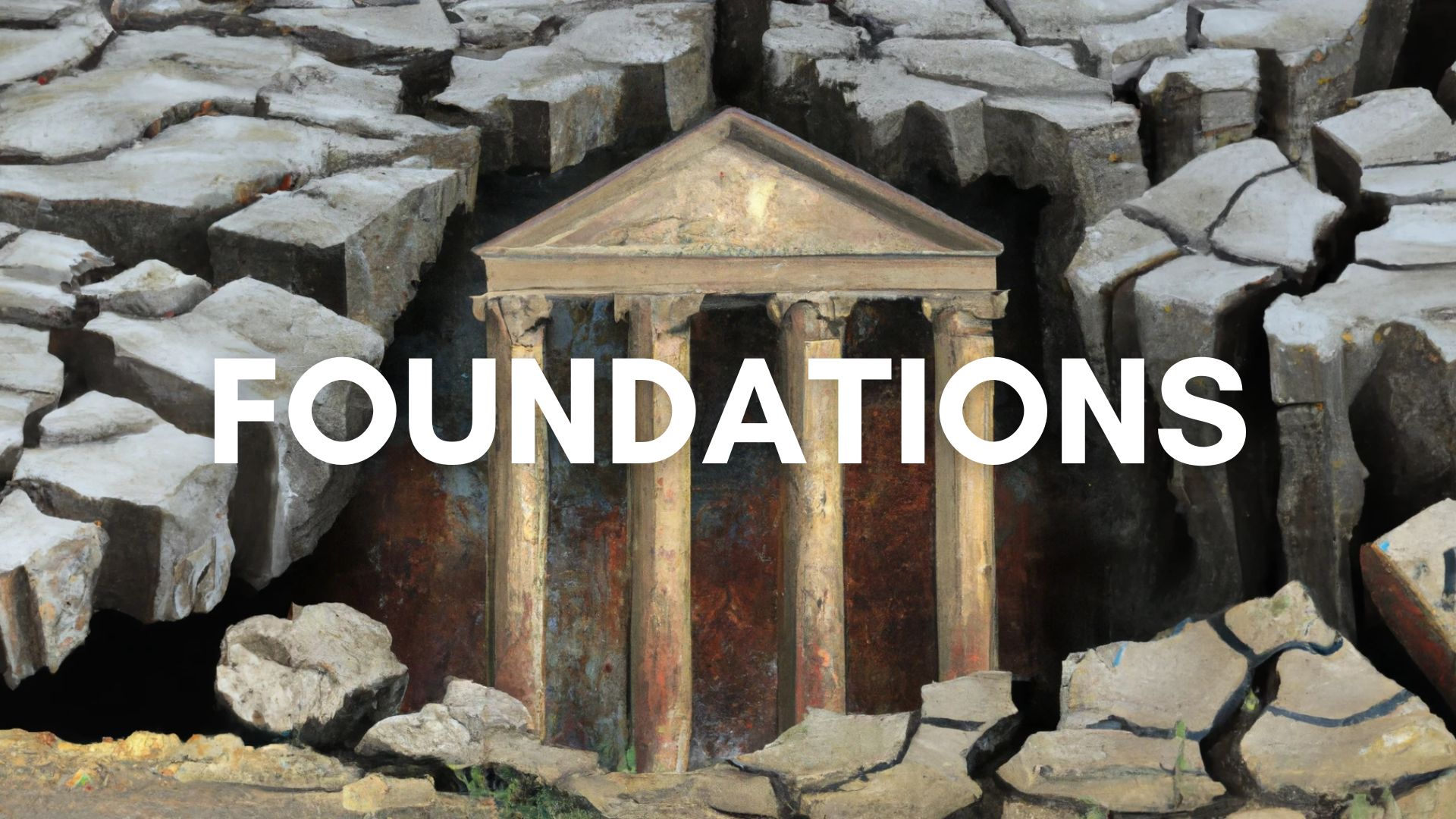FOUNDATIONS: Masters and Slaves
This is a continuation of a series that began in February 2023. Join us as we take a closer look at each building block of FHC’s Mission Statement using the book of Colossians as our lens:
“To be a relationally driven community that seeks to encounter God, empower Christ-centred lives, and faithfully serve others"
Scripture: Colossians 3:22-4:1
This week, we discover the last piece of the puzzle that the Apostle Paul has been trying to assemble for the Colossian Church. Starting with Marriage and moving toward the relationship between parents and their children, Paul now gives us a framework for approaching our vocational relationships in the workplace. In this passage, he references the institution of slavery and how Christ is able to transform the relationship between a slave and their master. But before we get ahead of ourselves it is important to draw a distinction between our present-day understanding of slavery and what Paul is speaking about. In the culture that Paul is speaking to, slavery would be most comparable to someone wanting to pay off a loan to someone by offering them services for a predetermined amount of time. Contrary to the slavery that prompted abolition in our own modern history, the slavery Paul is speaking to is voluntary and protected by a number of rights and privileges. That being said, there is still a case to be made that God’s overall intention through the Gospel was to eradicate the need for this institution by introducing a new way of relating to one another and finding fulfillment in one’s work. Paul makes this clear as he sets the bar for how we are to treat the work God has given us as though it were for God himself since he is our true Master. This is still true for us in our modern-day contexts despite being so far removed from a slave-master dynamic. For many, this is an aspect of faith that is neglected through how we often find ourselves dreading our work and disparaging our work superiors. By contrast, Paul calls believers to be faithful wherever they find themselves since we are all equals in the sight of God. This was a completely radical notion for a culture that saw those in positions of slavery as being less-than and predestined for servitude. Therefore, whether we find ourselves in positions of authority or servitude, we are all called to be witnesses to the transformative power of the Cross that calls us to love everyone sacrificially as Christ loved us. By understanding this passage, we see how this can only be done by serving with authenticity and integrity to the best of our abilities.
Study Questions:
1.) In what ways can Christ be evident through us while we are at work?
2.) Have you ever had a difficult boss before? How were you able to serve them authentically and with integrity?
3.) As a leader in your workplace, how has Christ taught you to use your authority for the benefit and flourishing of others?
4.) In what ways have we misunderstood slavery in the Bible?

